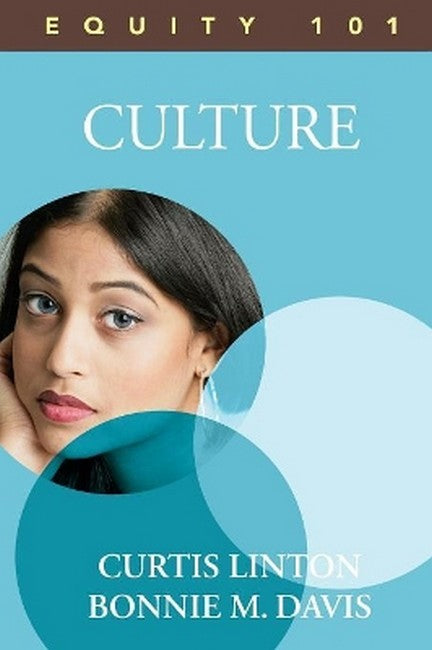Curtis Linton is a co-owner of The School Improvement Network where he is co-executive producer of The Video Journal of Education and TeachStream. He has spent the last 10 years documenting on video and in print the improvement efforts and best practices of the most suc-cessful schools and school systems across North America. Each year, he visits more than 100 classrooms and schools, capturing what they do to succeed with all students at the classroom, school, and system levels. Linton has written or produced dozens of award-winning video-based staff development programs. His areas of expertise include closing the achievement gap and improving minority student achievement, using data, leadership, effective staff development, brain research, differ-entiation, action research, and coaching. With the goal of delivering results-based professional development efficiently to large numbers of educators, he works with school systems to design comprehensive school improvement plans that integrate workshops, video, electronic media, and other resources. As a part of this, Linton conducts workshops on effective classroom practices. Linton also works extensively in the community, including serving on the Davis School District Equity Committee. Linton received his master's degree in fine arts from the University of Southern California. Consulting Description Bonnie M. Davis, PhD, is a veteran teacher of more than forty years who is passionate about education. She taught in middle schools, high schools, universities, homeless shelters, and a men's prison. She holds a doctorate in English from St. Louis University and is the recipient of numerous awards, including Teacher of the Year in two public school districts, the Governor's Award for Excellence in Teaching, and the Anti-Defamation League's World of Difference Community Service Award. She has presented at numerous national conferences and currently works in school districts across the country. Dr. Davis' work centers on examining what "we don't know we don't know" about ourselves in order to more effectively teach students who don't look like us. Moving from self reflection to action, her books offer educators culturally responsive, standards-based instructional strategies that bridge culture, language, race, and ethnicity. Dr. Davis's publications include the How to Teach Students Who Don't Look Like You: Culturally Responsive Teaching Strategies(2012);How to Coach Teachers Who Don't Think Like You: Using Literacy Strategies to Coach Across Content Areas (2007); The Biracial and Multiracial Student Experience: A Journey to Racial Literacy(2009); and Creating Culturally Considerate Schools: Educating Without Bias (2012) with coauthor Kim L. Anderson. She is currently working on the Equity 101 Series with Curtin Linton, Executive Vice President of School Improvement Network.
Request Academic Copy
Please copy the ISBN for submitting review copy form
Description
Acknowledgments About the Authors Prologue 1. A School Culture of Equity 2. The Equity Framework 3. Equitable Culture: Expectations 4. Equitable Culture: Rigor 5. Equitable Culture: Relevancy 6. Equitable Culture: Relationships 7. Equitable Culture: Actualization Epilogue References Index
"Equity 101 uses a common sense approach to a complex problem. In America, we too often associate rigor with hard work that causes failure, and this author brings to light the notion that rigor is really about equal achievement for all children. We must believe that all children have a right to succeed in our schools, and the stories and vignettes remind us this is possible." -- Toni Jones, Superintendent "This book provides the reader with a wealth of information related to equity and education. Written for 21st century educators, it is a powerful and valuable resource for those that want to challenge, engage, and facilitate the learning for all students." -- Judy Brunner, Author, Consultant "Creating, nurturing, and sustaining an educational culture where individual differences are affirmed, and instruction is continuously tailored based on these differences, is essential to enhancing student achievement. This book is your practical how-to guide." -- David Freitas, Professor "Curtis Linton's personal story and experiences with his own children are powerful incentives to read this compelling book of information and strategies to improve educational experiences for schools and classrooms with significant cultural diversity. A good read! Well worth the time!" -- Betty Porter Walls, Assistant Professor of Education

